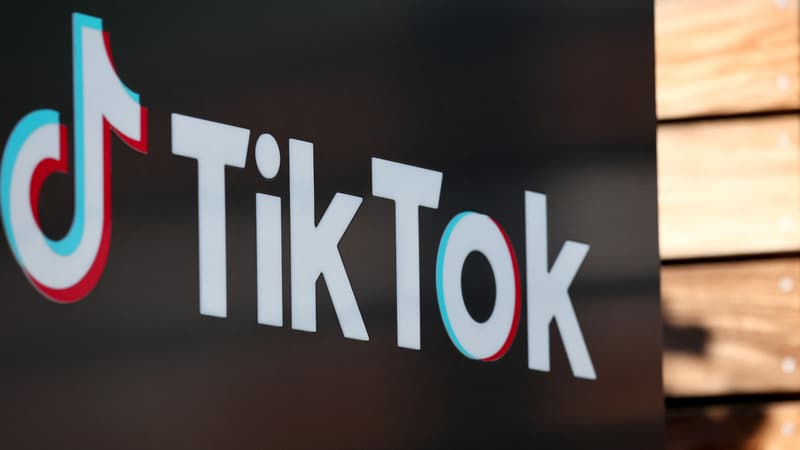After Jean-Noël Barrot, it is Thierry Breton’s turn to urge TikTok to comply with the Digital Services Act (DSA). The European commissioner asked the Chinese social network on Wednesday, July 19, to “accelerate” its work to comply with the new European Union rules against online hate and misinformation at the end of August.
Like Twitter and other companies in the sector, TikTok has agreed to undergo a compliance test with the services of the European Commission to facilitate its adaptation to the new legislation on digital services. This historic regulation came into force in mid-November, but companies have until August 25 to comply.
Among these firms, 19 very large online platforms, including Twitter, TikTok, and major services from Amazon, Apple, Google, Meta, and Microsoft, will be subject to enhanced controls.
“Real and tangible changes”
The results of the TikTok test, carried out on Monday at the group’s European headquarters in Dublin, show that “additional efforts are needed to be fully ready” for August 25, said Thierry Breton, head of digital regulation within the European executive.
The test focused in particular on the protection of children, content moderation and the fight against illegal content online, access to data and transparency. “In light of the DSA, TikTok is implementing organizational improvements (…) and devoting significant resources to compliance,” Thierry Breton said.
Access to algorithms
At the end of June, Thierry Breton also called on Twitter to bolster its resources to be able to comply with the new legislation, following a similar test in San Francisco.
The restrictions imposed on companies by the DSA include the obligation to carry out an analysis of the risks linked to their services in terms of illegal content, invasion of privacy or freedom of expression, but also in terms of public safety.
Appropriate means, particularly in content moderation, must be put in place to mitigate these risks, and experts in Brussels must be granted access to the algorithms.
The DSA also includes prohibitions, such as those on the use of “sensitive” user data (gender, political leaning, religious affiliation) for targeted advertising and transparency obligations, such as the publication of the main parameters used by the recommendation.
Source: BFM TV


